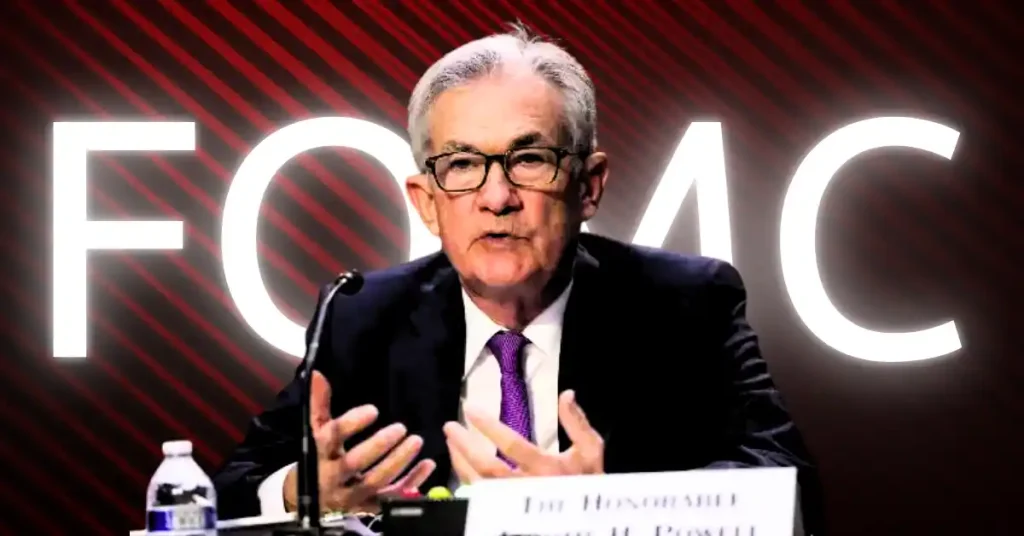France is locked in a financial mess with no real leadership, and Brussels is watching it unfold with clenched jaws.
President Emmanuel Macron’s government has collapsed for the fifth time in under two years, and it’s dragging the economy deeper into uncertainty. On Monday, Prime Minister Sébastien Lecornu resigned after just 27 days in office, becoming the latest casualty of a broken political machine.
He couldn’t even get basic support from Macron’s so-called allies, let alone push any new budget or tax proposals. That didn’t stop Macron from giving him 48 hours to clean up the wreck, demanding a “stability plan” to fix the standoff. Lecornu promised to report back Wednesday.
Lecornu posted on X that he would update Macron “so that he can draw all the necessary conclusions.” But by Wednesday morning, nothing was fixed.
Lecornu claimed the threat of parliament being dissolved was now “more remote,” after a full day of failed meetings with party leaders. He said there was some interest in passing a 2026 budget before the end of the year, but that didn’t stop both the far-left and far-right parties from calling for Macron’s resignation and demanding new elections.
Lecornu loses control while Macron delays decisions
Lecornu’s failure is just one part of a much bigger breakdown. France has been pushing the limits of European Union fiscal rules for years. It’s now running a budget deficit of 5.8% of GDP in 2024, with public debt climbing to 113% of GDP last year.
Those numbers leave France behind only Greece and Italy when it comes to debt in the EU. The bloc has rules, deficits under 3% and debt under 60% of GDP, and France is nowhere near them.
So far, Brussels is pretending to stay out of it. But officials have put France under the “excessive deficit procedure”, a formal process for countries ignoring the EU’s budget rules. Paris has until 2029 to sort things out, but no one expects that to happen.
Antonio Fatas, an economics professor at INSEAD, said, “Currently the deficit in France is clearly beyond the rules and it’s unclear whether France’s budget will get you within the rules in a short period of time, which is what the rules require.” He said the split in the parliament and the rise of extremist parties make passing any real budget nearly impossible.
And the financial markets are already reacting. France was downgraded by Fitch in September, and Moody’s is expected to follow by the end of October. Investors are worried Macron has lost control, and they’re starting to price in more risk.
Economists warn deficit will stay high through 2026
Macron’s next move is still unknown. He could appoint another prime minister, dissolve parliament, or (less likely) resign. But whichever route he takes, economists aren’t expecting change.
Hadrien Camatte, senior economist at Natixis, said Tuesday, “Whatever the scenarios are we won’t have a proper budget by year-end.” He said the government would likely just roll over the 2025 budget, and the deficit will remain between 5.4% and 5.5% next year, too.
Over at Goldman Sachs, things don’t look better. On Tuesday, they raised their 2025 deficit forecast to 5.5%, citing a lack of political movement and slow economic growth.
They also predicted France would start next year with a partial or frozen budget and raised their 2026 deficit forecast by 0.1 percentage point to 5.3%. Growth? Barely. They dropped their projection for 2026 GDP growth to just 0.8%, calling it lackluster.
Get up to $30,050 in trading rewards when you join Bybit today
















 English (US)
English (US)